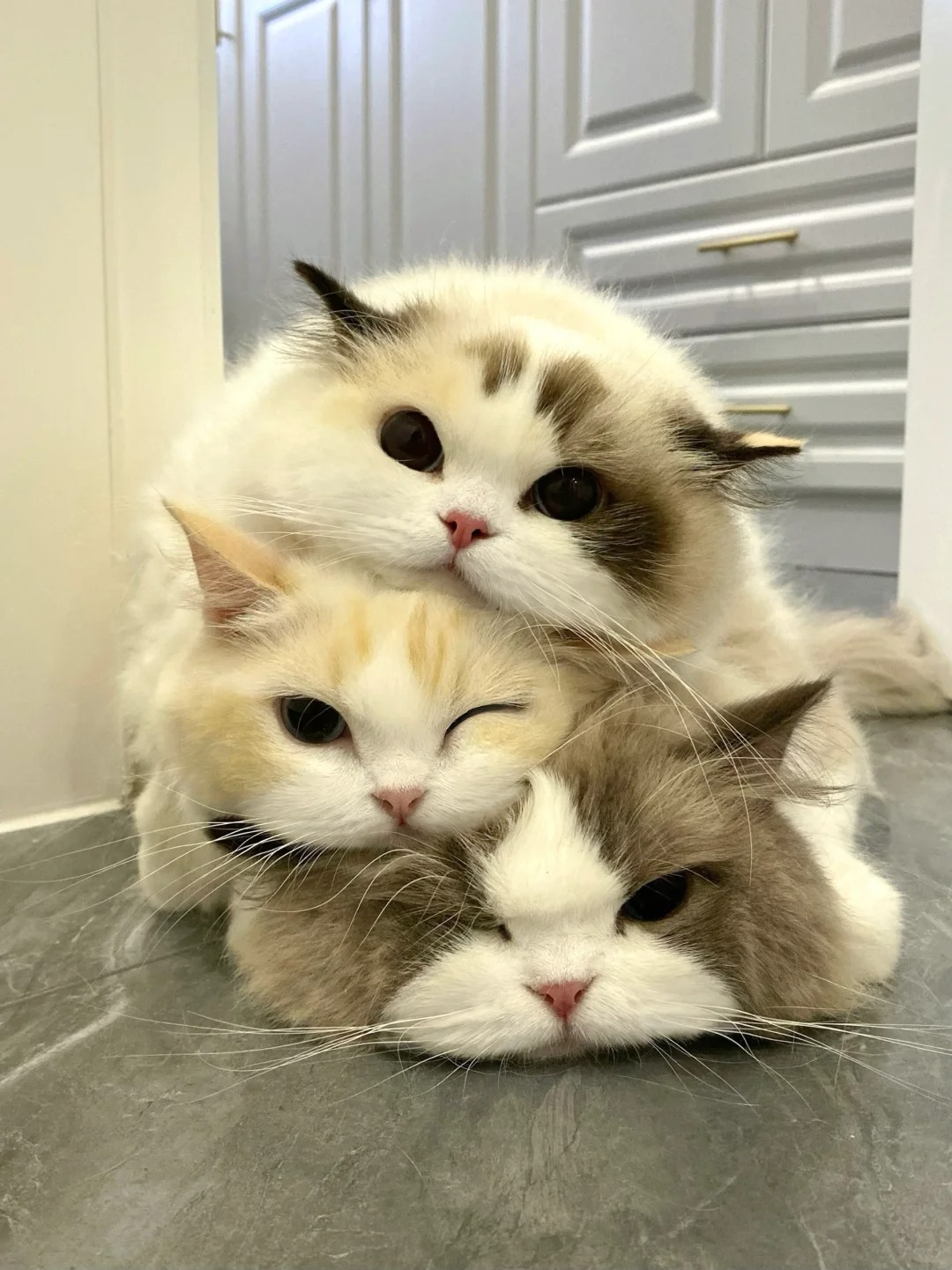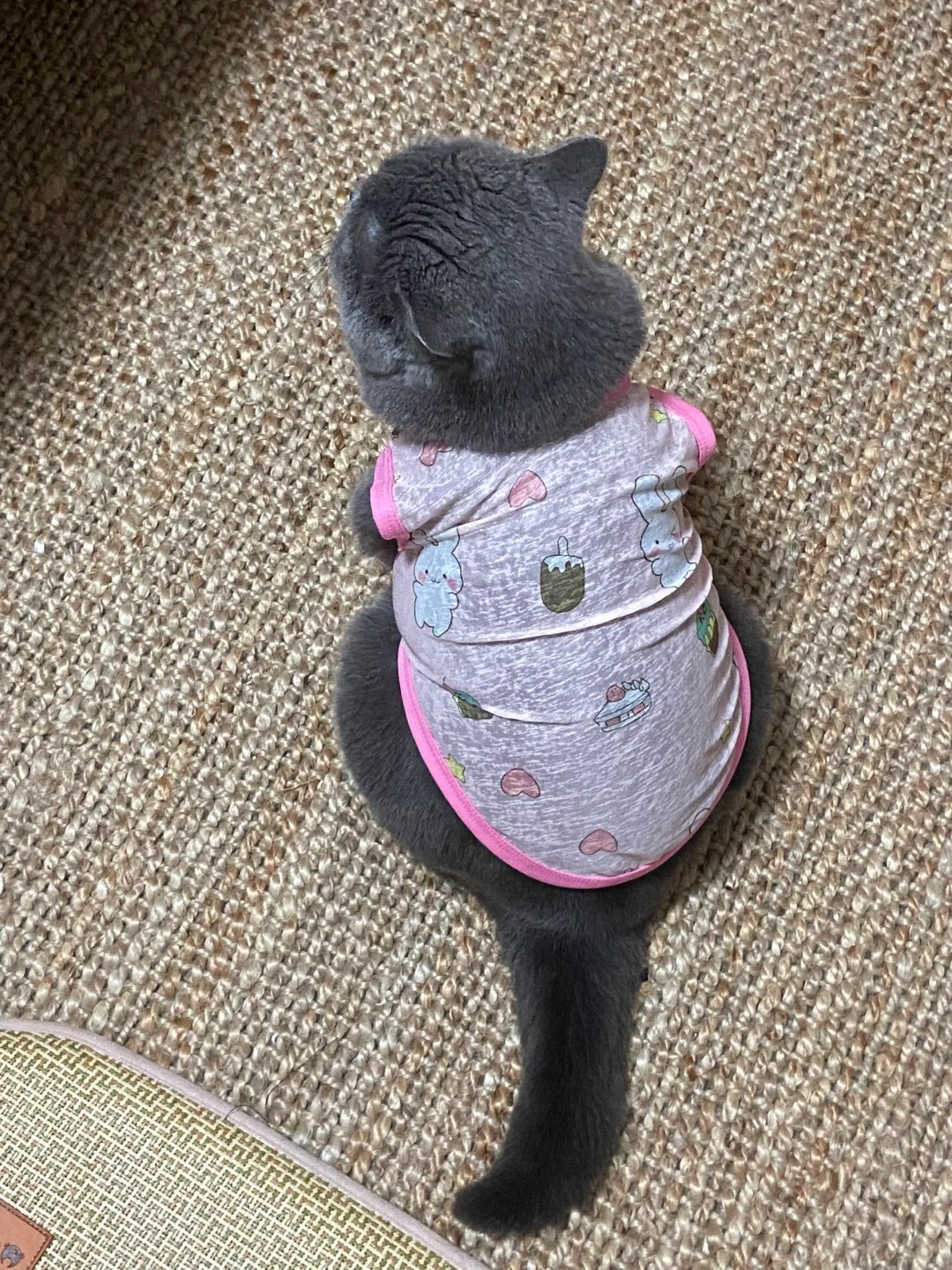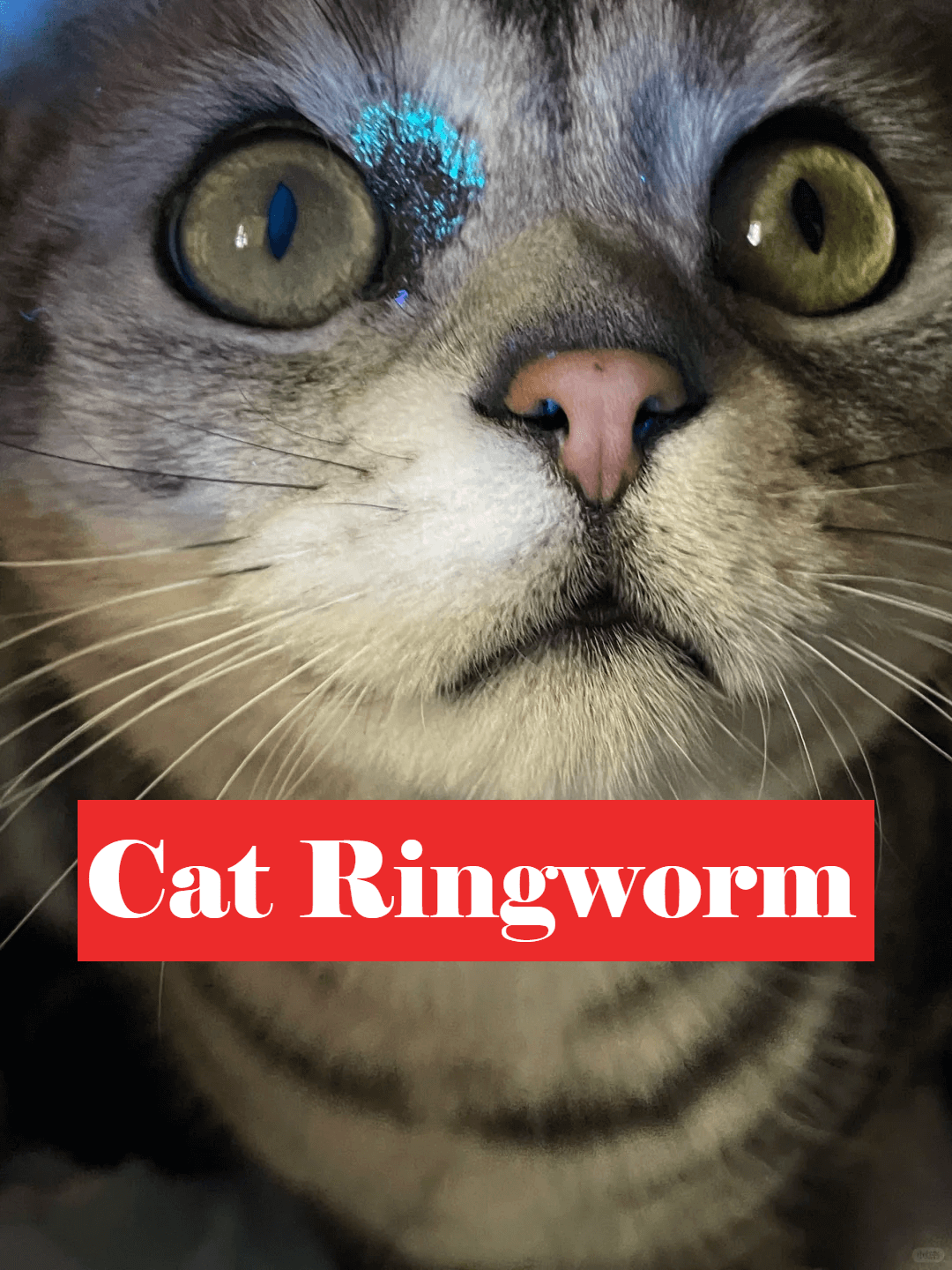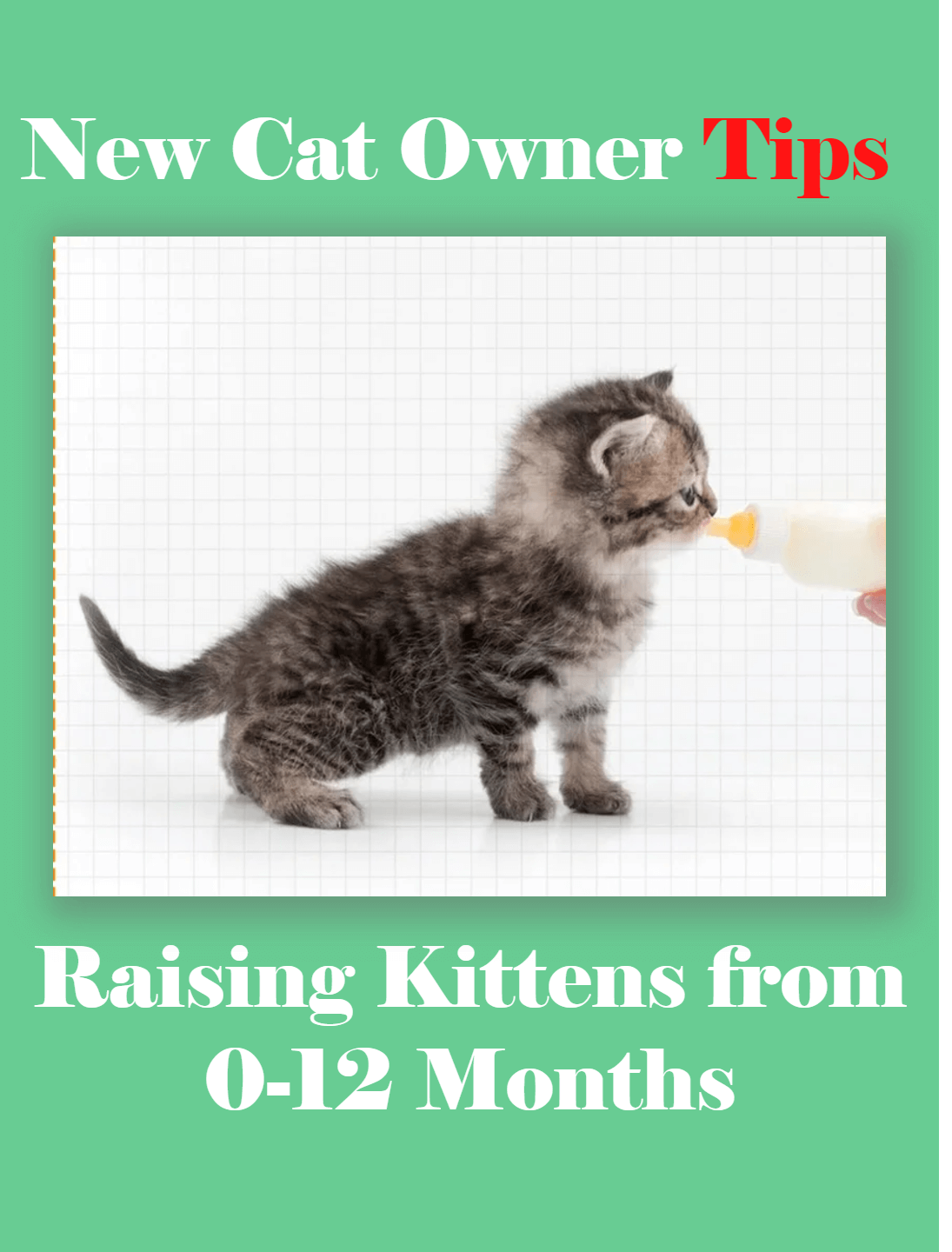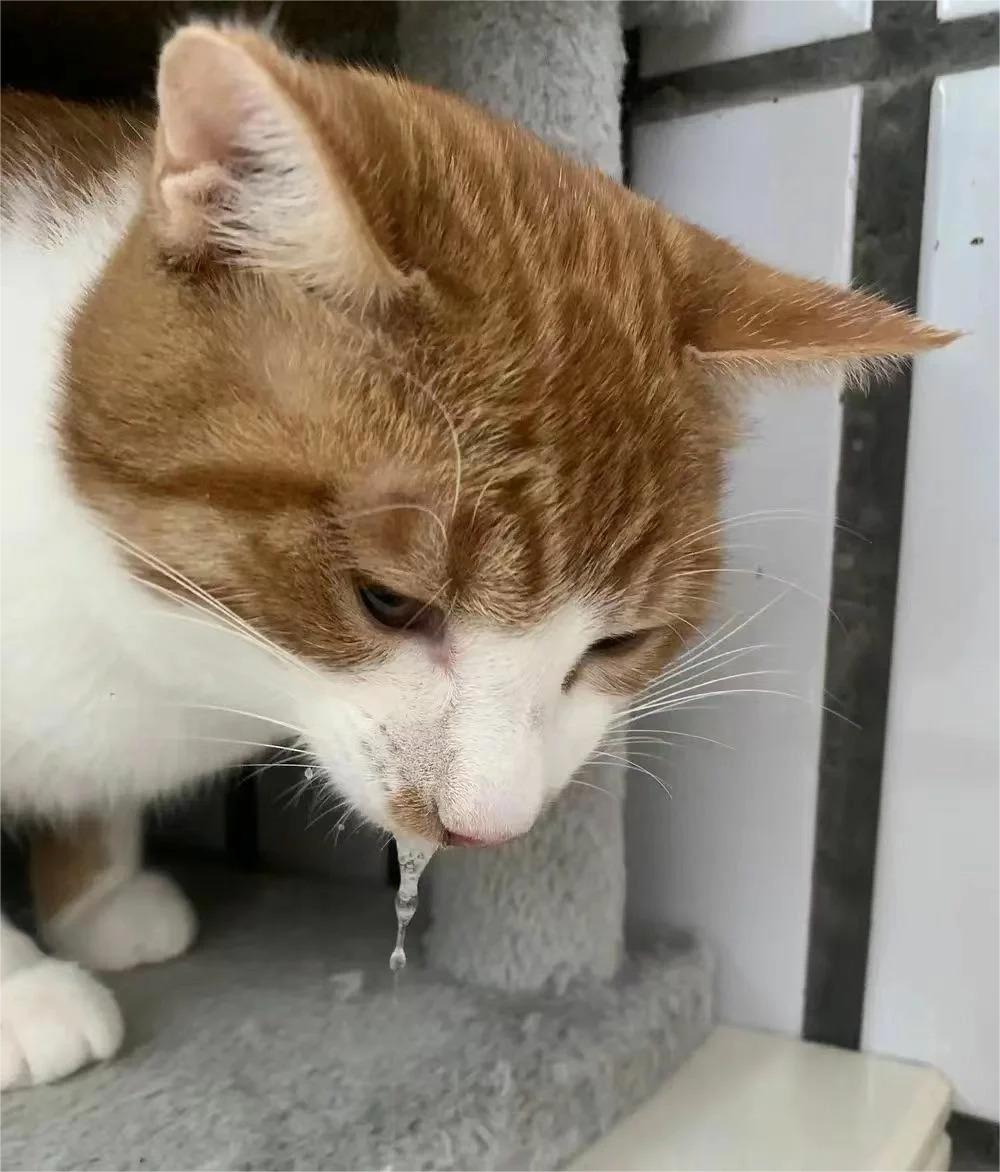**👏👏👏 It's normal for cats to shed, but how can we tell if it's normal shedding or abnormal?**
👀 **Reasons for Normal Shedding in Cats**
1. **Molting Season:** During spring and fall, cats shed their long winter fur for finer, shorter fur in the spring, and shed their short fur for long winter fur in the fall to adapt to temperature changes better.
2. **Breeding Season:** Due to metabolic changes, cats tend to shed a lot during this period.
3. **Shedding Kitten Fur:** Kittens shed their baby fur to grow thicker, warmer fur as they mature.
4. **Old Age:** As cats age, their metabolism slows down and their nutrient absorption becomes less efficient, resulting in more shedding.
😊 **Solution:** Regular grooming. Grooming helps to remove dead fur and prevent issues such as vomiting or gastrointestinal blockages caused by excessive licking.
✍️ **Reasons for Abnormal Shedding in Cats**
1. **Excessive Salt Intake:** This can stress the kidneys, leading to dry and easily shed fur.
2. **Frequent Baths:** Cats should be bathed once a month. Over-bathing can destroy the skin's oil barrier and speed up shedding.
3. **Malnutrition:** Fur growth requires protein and vitamins. Lack of proper nutrition will lead to shedding.
4. **Poor Mood:** Anxiety and stress in cats can exacerbate shedding.
😏 **Solution:**
1. **Amino Acid Supplement:** Feed your cat more meat, such as cooked chicken, beef, or cooked and deboned fish.
2. **High-Quality Fat Supplement:** Fish oil and Omega-6 fatty acids reduce inflammation and improve skin health, respectively.
3. **Vitamin E Supplement:** Helps indirectly reduce shedding.
🌟 **Besides, there are three other types of abnormal shedding:**
1️⃣ **Seasonal Physiological Shedding:**
Seasonal fur changes can affect the appearance and feel of a cat's coat. Indoor cats, influenced by lighting and air conditioning, may have disrupted perceptions of day-night cycles and seasonal changes.
2️⃣ **Skin Disease Related Shedding:**
A humid environment fosters bacteria and parasites, which can cause shedding.
3️⃣ **Endocrine Disorder Shedding:**
Thyroid and adrenal gland disorders, among other hormonal imbalances, can lead to severe shedding.
😊😊😊 **Nutritional deficiencies are also a major cause of shedding:**
Lack of protein or vitamins can make a cat's fur lose its luster and fall out, sometimes in patches.
